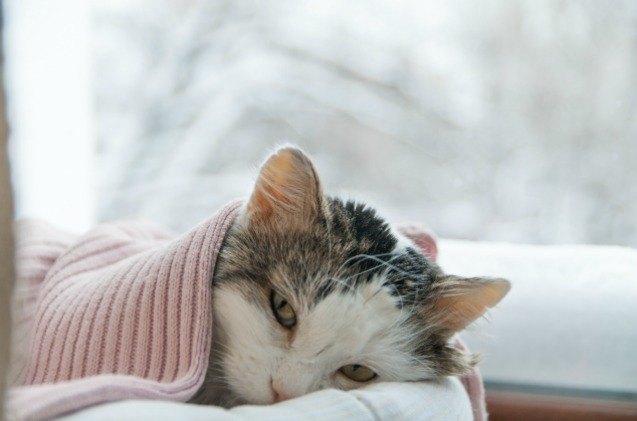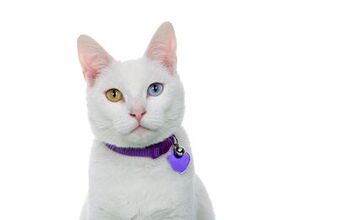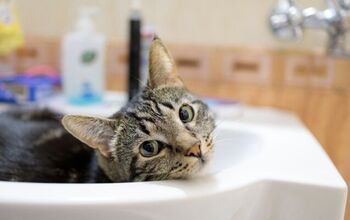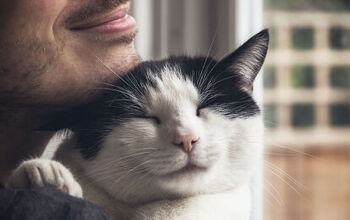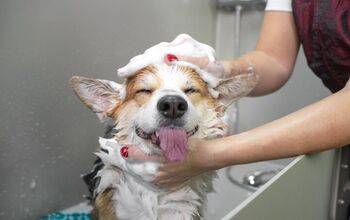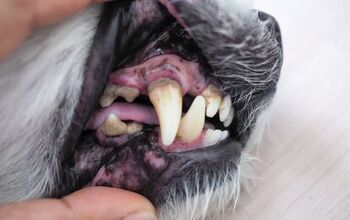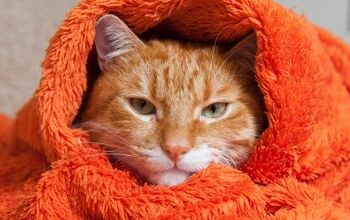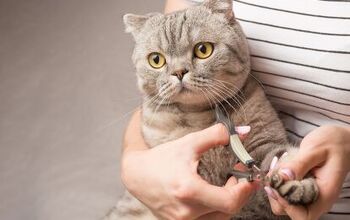Swine Flu Kills Two Connecticut Cats

It is highly unusual for cats to contract what is commonly known as the swine flu. It’s more commonly known to affect humans, though it was originally found in pigs. It’s the Type A flu that comes in subtypes H1N1, H1N2, H2N3, H3N1 and H3N2 in humans, and has caused quite a flurry of flu activity this winter.
But according to Dr. Deborah Goul with the VCA Cheshire Animal Hospital in Connecticut, it is possible for cats to contract it, and she knows first-hand as two of her feline patients died recently as a result of the swine flu. Dr. Goul said that in her 31 years of veterinary care, she’s never treated cats for the swine flu before.
Related: San Francisco SPCA Confirms Case of Virulent Dog Flu
She said the cats did have underlying preexisting conditions that may have prevented their immune systems from fighting the virus effectively, and both cats belonged to the same owner. The cats’ owner had also recently been sick, and brings to light the fact that we’re not entirely sure that the cats didn’t contract the flu from their owner.
The cats’ owner noticed the respiratory distress in the cats and took them in to Dr. Goul, who says that while it may be second nature for us to find comfort in our pets when we are sick, it may not be good for the pets. She says it is unusual for this virus to transfer between human and pet or vice versa, but clearly, it can and has happened.
Related: Highly Contagious H3N2 Canine Influenza Arrives in Canada
Sadly, there is no real treatment to fight the swine flu, and the only thing that can be done is support the cat through the symptoms while the virus runs its course. It’s recommended that just as you’d be careful in spreading germs to your human friends should you be fighting flu or cold, we need to consider doing the same to help prevent any chance of our furry friends contracting illnesses as well.
Dr. Goul says that sanitizing as you would for humans is a good way to help reduce exposure to your pets, and that particularly in her area, if a cat has any signs of respiratory distress, it’s important to seek medical care.

More by Lori Ennis



